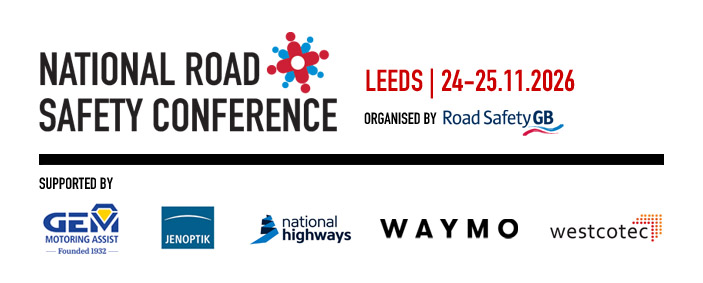Evaluating hazard anticipation and risk-taking behaviour in novice and experienced e-scooter riders: Implications for e-scooter safety policies and rider education
The rapid expansion of e-scooter use presents growing road safety challenges, particularly in relation to rider hazard awareness and risk-taking behaviour. While cognitive factors such as hazard prediction and risk calibration are critical in reducing collisions across other transport modes, their role in e-scooter safety remains largely unexplored. To address this gap, researchers at Nottingham Trent University assessed hazard prediction skills and the tendency to engage in risky behaviours among e-scooter riders, evaluating whether these skills improve with riding experience.
A total of 187 e-scooter riders completed a bespoke video-based hazard and risk test, developed using real-world riding footage filmed in Nottingham. The study assessed two key areas of e-scooter safety skills: the ability to anticipate hazards and the likelihood of engaging in risky behaviour. The findings revealed that riding experience did not improve hazard prediction and risk awareness skills. More frequent riders, including those travelling daily or weekly, were significantly more likely to disregard red and amber lights. It seems that frequent riders may have developed greater confidence in their skills rather than increased caution, reinforcing risky habits instead of enhancing safety awareness.
These findings have implications for e-scooter safety policies and rider education. While existing strategies focus on infrastructure and regulation, this study highlights the need to address behavioural factors through targeted e-scooter safety training. Structured safety interventions could enhance these skills in e-scooter riders, ultimately reducing collisions and supporting safer e-scooter integration into the UK transport network.
 Dr Petya Ventsislavova, Senior lecturer in Psychology, Nottingham Trent University
Dr Petya Ventsislavova, Senior lecturer in Psychology, Nottingham Trent University
Dr Petya Ventsislavova is a Senior Lecturer in Psychology at Nottingham Trent University. She is also a member of the UK Road Offender Education (UKROEd) Research Develop Unit, with responsibility for National Driving Offender Retraining Scheme (NDORS) course content.
With over a decade of experience in transport psychology, her research focuses on hazard perception in driving and the safe use of micromobility. She has led and collaborated on funded projects with international government departments to develop effective approaches for adapting hazard perception testing to different countries’ driving evaluation processes. She has a successful record of research income generation (e.g. British Academy, Czech DfT, Spanish DfT, Santander, Road Safety Trust etc.). Her research in e-scooter safety has attracted significant attention from different media platforms (e.g. Forbes Magazine, BBC, ZagDaily) and has been referenced in parliamentary discussions, particularly concerning legislation on the safe use of e-scooters.
Petya is currently leading a project investigating why e-scooter riders engage in risky riding behaviours and exploring training interventions to improve their hazard prediction and risk awareness skills. Additionally, she is collaborating with the Nottingham City Council, to examine local residents’ perspectives on e-scooters both before and after the reintroduction of the public e-scooter trials, with the aim of enhancing safety and encouraging greater adoption of these vehicles.
